The Bulgarian national minority in Albania is one of the largest in the country, according to data from the latest official population census. A total of 7,057 individuals identified as Bulgarians. For comparison, 23,000 people identified as Greeks, 12,000 as Egyptians and 9,813 as Roma.
The Bulgarians in Albania are among the oldest Bulgarian communities in the Balkans, while also being the youngest in terms of recognition — they were recognized in 2017, reminded Associate Professor Spas Tashev from the Institute for Population and Human Studies at the Bulgarian Academy of Sciences. At a special press conference in Sofia, held in connection with the census data from the Balkan country, Spas Tashev pointed out that historically, they have settled in four regions- Mala Prespa, Golo Brdo, Poleto and Kukëska Gora. The largest number of ethnic Bulgarians is in the Kukëska Gora region (2,174 people), followed by Golo Brdo (1,736) and Korça (511).
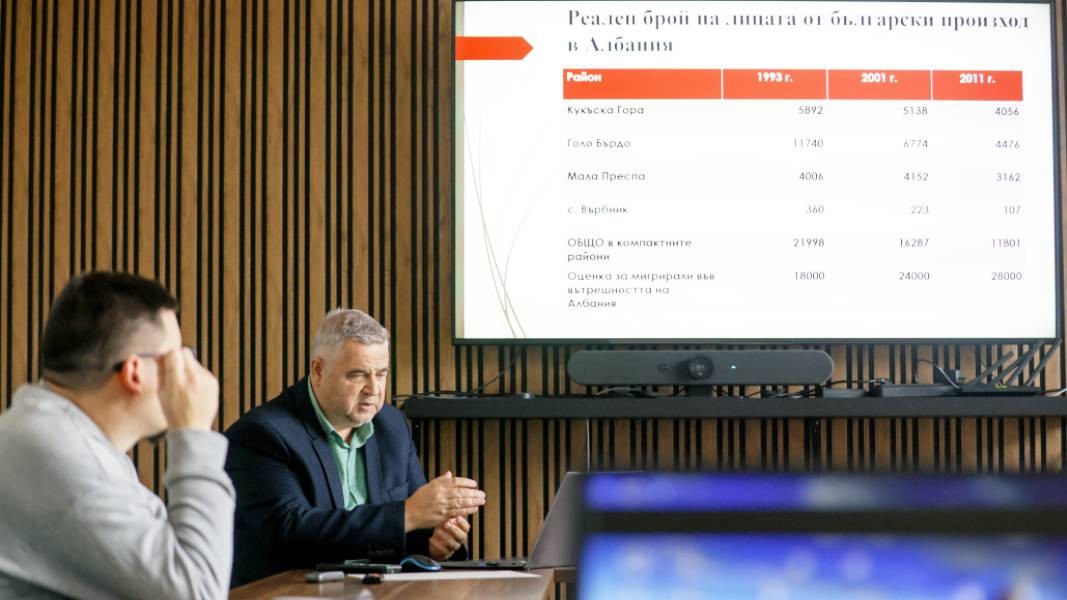
"The data is such that it allows for the creation of administrative autonomy of the regions where Bulgarians live. The mayors themselves worked actively during the census with the clear idea that it would give them the mechanisms to restore this administrative independence. Therefore, the first step that needs to be taken is for the municipalities in Golo Brdo and Kukëska Gora to become independent. Bilingual signs will appear, in accordance with Albanian legislation. It is quite realistic to start teaching Bulgarian in Albanian state schools, meaning that the official recognition of the Bulgarian minority in 2017 will now be filled with real substance''.
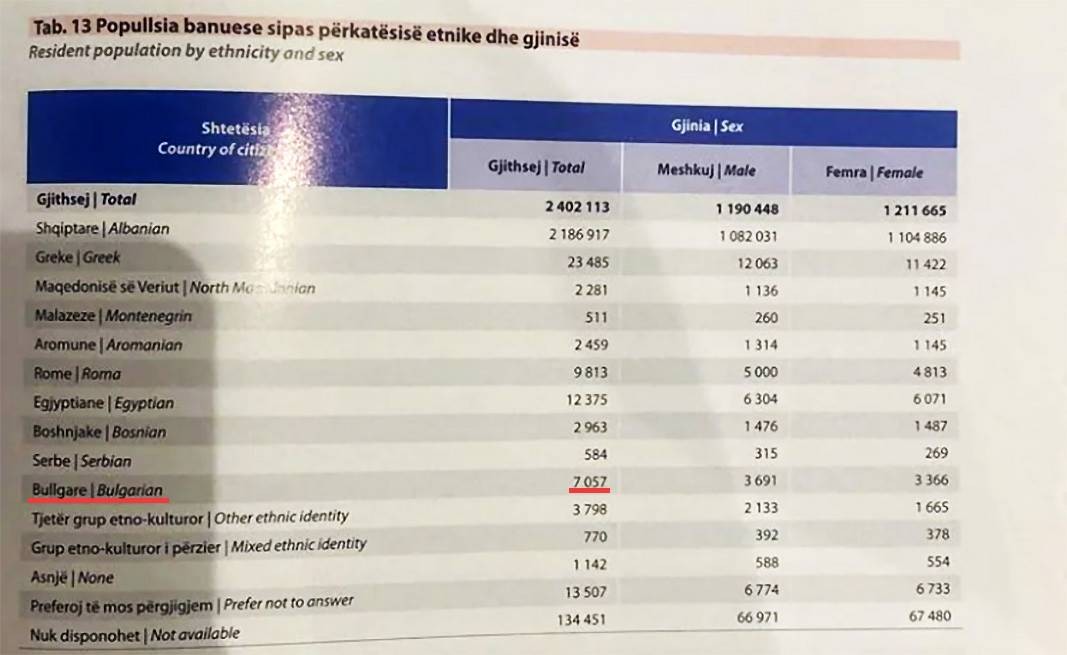
The data regarding the Bulgarian national minority in Albania should help Bulgaria ease the procedures for granting citizenship to those who have convincing evidence of their Bulgarian origin.
"All statistics, including Bulgarian ones, accepted as official by the Ministry of Foreign Affairs in the 1930s and 1940s, prove that the residents of these Albanian villages were recognized as Bulgarians. It is enough for a person to show their kinship with the inhabitants of these villages from that period, and the birth certificate becomes a sufficient document to certify their Bulgarian origin."
This Bulgarian community could be the key to at least partially addressing the chronic labor shortage faced by the administration and businesses in Bulgaria, believes Spas Tashev who studies the demographic processes in the Balkans.
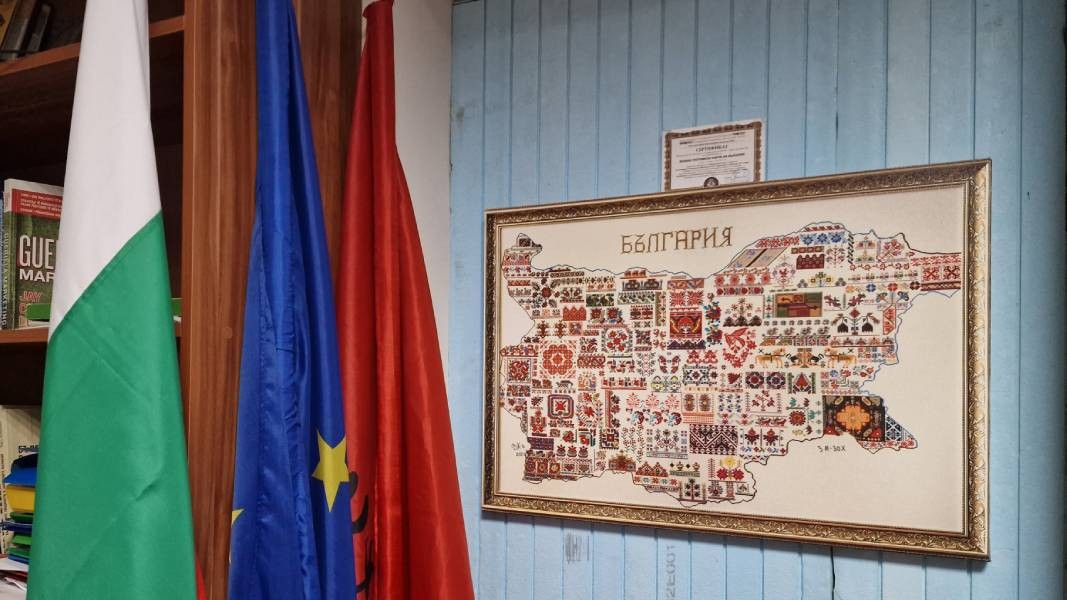
"It is also important to develop models for launching seasonal or circular migration to meet the needs of the labor market in our country. Until three years ago, there were people who expressed a desire for such a migration, provided they were guaranteed a monthly income of around EUR 700-800. In this context, it is illogical to import workers from Bangladesh, Tajikistan, Nepal, Uzbekistan and Azerbaijan. At the same time, people of undisputed Bulgarian origin living just 200-300 kilometers from our border cannot take advantage of the legislation to work in our country."
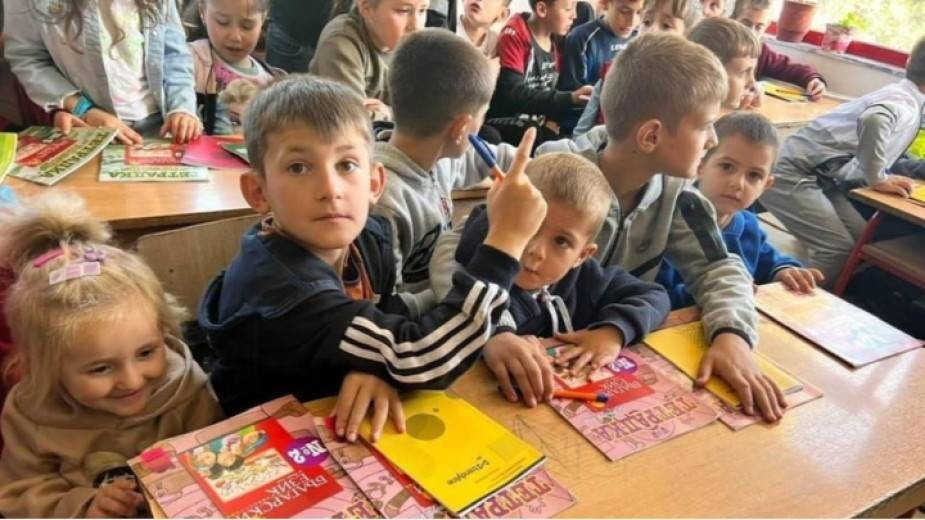
There are nine registered Bulgarian organizations in Albania and nearly 8,000 people have obtained Bulgarian citizenship. Over 800 students have graduated or are currently studying in Bulgaria, and a large number of them either remain in Bulgaria or return to Albania. Bulgarians in Albania also hope for the establishment of a Bulgarian electronic and print media there.
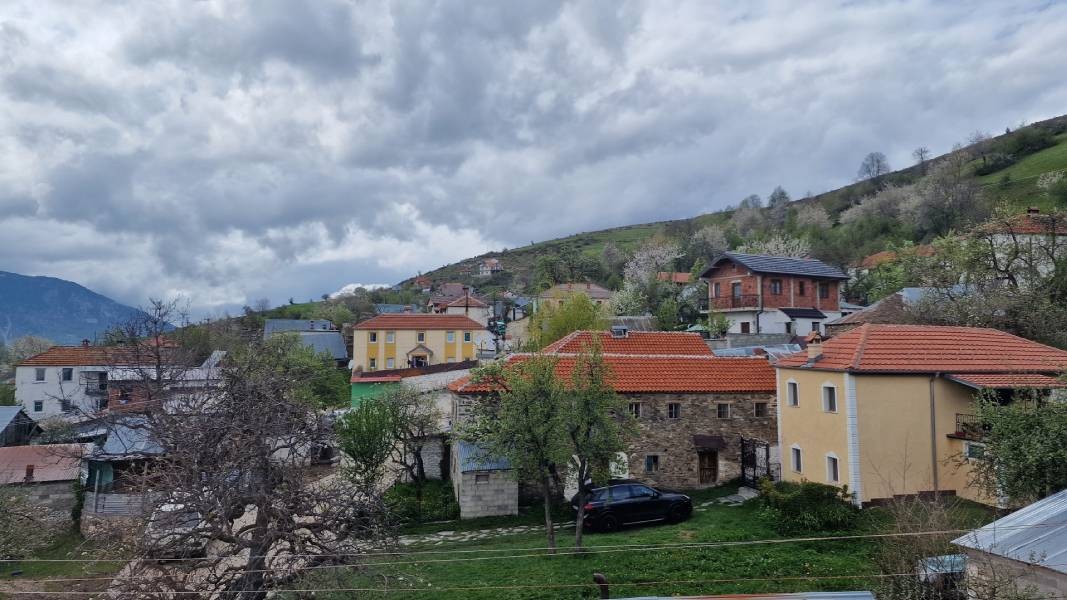
Associate Professor Spas Tashev also shared some interesting details about the history of two Albanian villages in the Korça region – Boboshticë and Drenovë – which were predominantly inhabited by Bulgarians in the past:
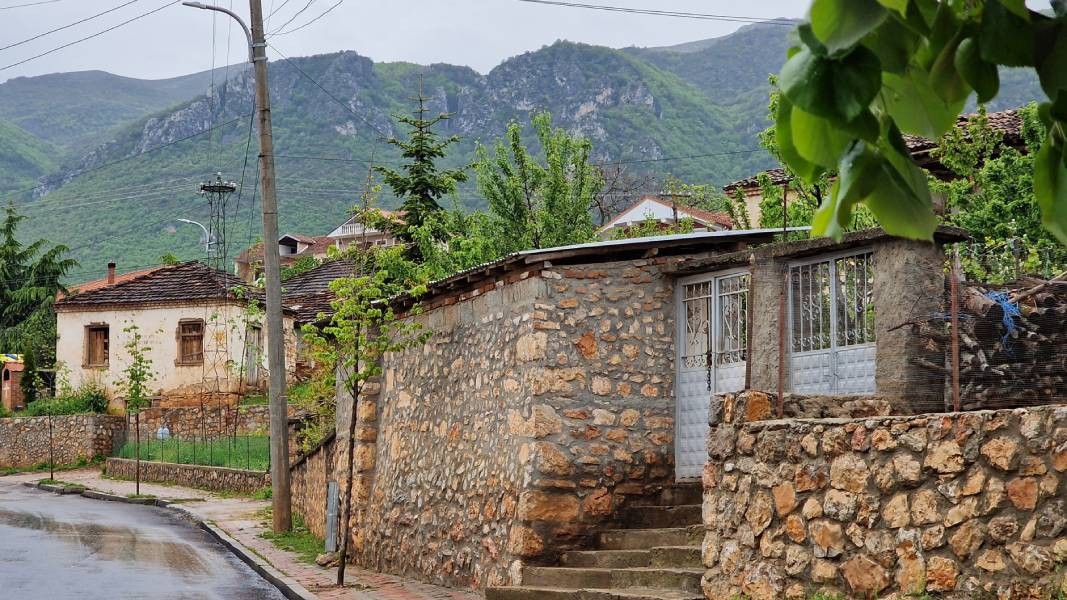
"It is believed that part of the old Bulgarian aristocracy lived in these villages. Their architecture is very similar to the so-called boyar settlements in our country - Veliko Tarnovo, Elena and Kovachevitsa'', explained the researcher.
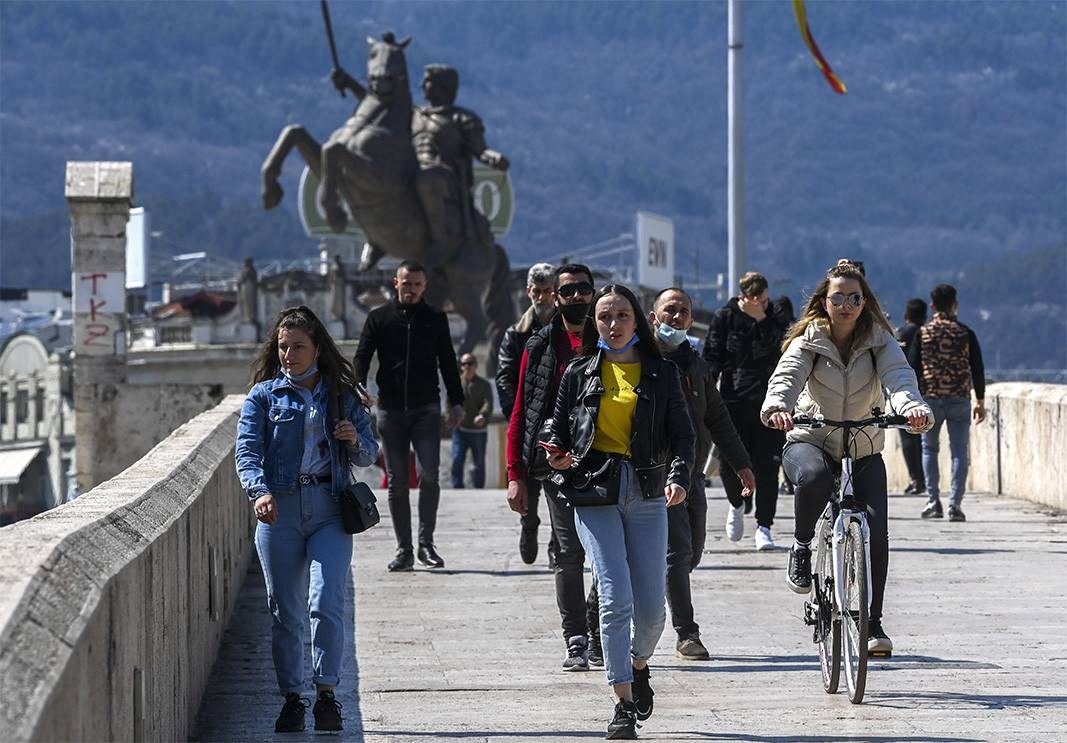
In an interview with Radio Bulgaria, Spas Tashev explained the influence of neighboring North Macedonia on the processes taking place in Albania. According to him, Bulgaria’s south-western neighbour allows itself actions that are inappropriate for a country striving to become an EU member state:
"An example of such actions is the encouragement of the destruction of Bulgarian historical monuments. Control is exercised over individuals who transit through North Macedonia's territory. Bulgarian literature carried by them is confiscated. I have personally observed this process", said Spas Tashev
See also:
Translated and published by Kostadin AtanasovPhotos: BTA, EPA/BGNES, aba.government.bg
The virtual space where you can find information about Bulgarian restaurants in Berlin, the services offered by Bulgarian craftsmen, as well as addresses and phone numbers of doctors working in the country, is the work of two Bulgarians who settled in..
When a contribution in the sphere of science is transformed into the basis for subsequent in-depth research the boundaries between countries and continents seem to melt away – literally and figuratively. That is precisely what happened during a..
Sofia is hosting the finals of ER Champ 2025 — described by the organisers as the world’s largest international escape room competition . Taking place on 19 and 20 October, the event will bring together twelve teams from around the globe , each of..
On November 8 in Hall 11 of the National Palace of Culture, Bulgaria’s best masters and artisans will be awarded for the third time. The founder and..

+359 2 9336 661
